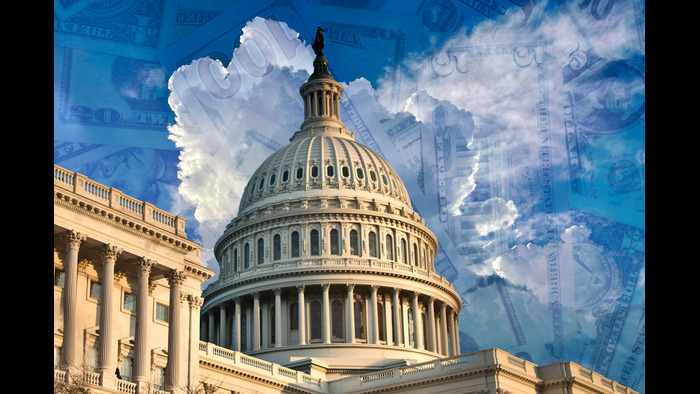Tariffs are Regressive, Discriminatory, Ineffective
It’s time to expand the benefits of trade to all Americans
- By [ Blake Harden ]
- Washington, DC
- 10/01/2023
According to RILA’s comments:
- The current U.S. Most Favored Nation (MFN) tariff regime is designed to tax everyday staples like clothing and shoes heavily and luxury goods lightly. As such, low-income Americans are disproportionately impacted, especially single-parent families and people of color.
- In the five years since the Section 301 tariffs were imposed, American companies have paid more than $191 billion in additional tariffs to the U.S. government. It’s estimated that one year of a 10% increase in tariffs is associated with a 0.44% increase in the price of a good. The higher cost of goods diminishes the purchasing power of American workers’ wages.
- The average U.S. MFN tariff rates on women-specific products are higher than the average tariff rates on imports of men’s merchandise. This inequity in the U.S. trade system perpetuates the very types of discriminatory behavior that this administration aims to remedy.
- The Section 301 tariffs on consumer products have had no impact on making the U.S. more secure vis-à-vis China or changed China’s behavior or practices related to technology transfer, intellectual property, or innovation.
See RILA’s complete comments here.
###
RILA is the US trade association for leading retailers. We convene decision-makers, advocate for the industry, and promote operational excellence and innovation. Our aim is to elevate a dynamic industry by transforming the environment in which retailers operate.
RILA members include more than 200 retailers, product manufacturers, and service suppliers, which together account for more than $1.5 trillion in annual sales, millions of American jobs, and more than 100,000 stores, manufacturing facilities, and distribution centers domestically and abroad.
Tags
-
International Trade
-
Public Policy
-
Supply Chain
-
China Trade Tariffs






